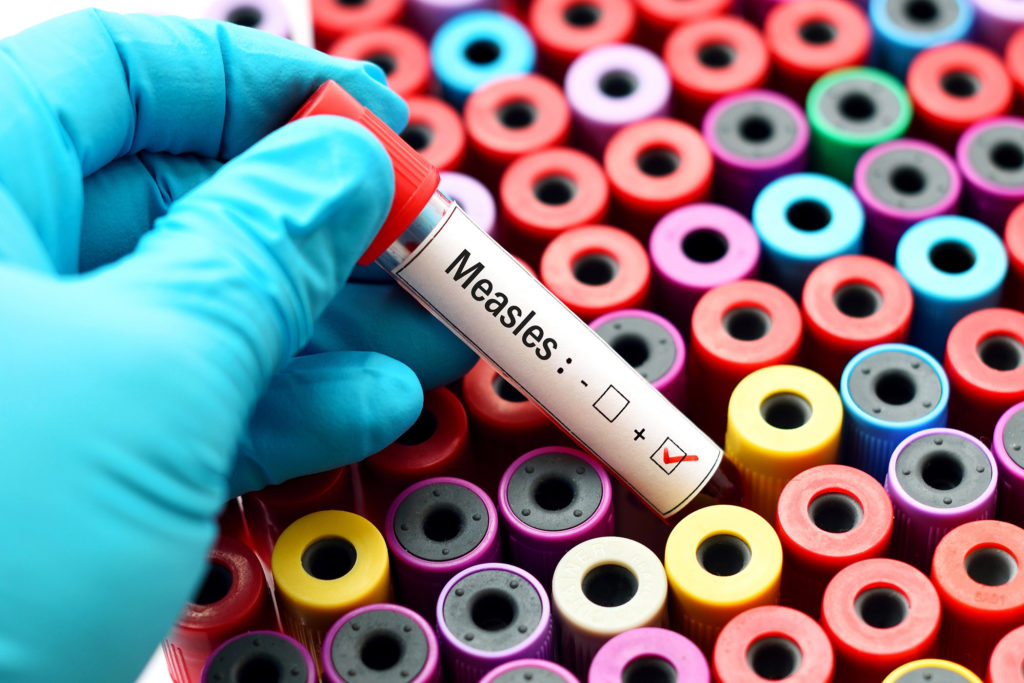The U.S. is experiencing the biggest outbreak of measles in decades with no end to the epidemic in sight. University of Georgia School of Law’s Hillel Y. Levin, holder of the Smith Professorship, has written extensively about vaccination law and policy and co-authored model legislation designed to improve vaccination compliance. He also advises schools about what policies they must, should, may, and may not adopt to protect their students. Below are his thoughts on the widespread measles outbreak and what can be done to remedy the situation.
Going forward, how should the laws be changed to prevent this from happening again?
- One possibility is to eliminate all non-medical exemptions, as California recently did. As a practical matter, this is not going to be possible in many states because of their political dynamics; and, surprisingly, in some cases it may be counterproductive to adopt this approach.
- States should “nudge” hesitant parents to vaccinate their children by making it easier to vaccinate and slightly more difficult to claim an exemption. In many states, it takes parents more time, effort and cost to vaccinate their children than it does to obtain an exemption, which can often be claimed simply by signing a form available online or submitting a personal written statement to school officials.
- To reduce the time burden on parents, states should explore offering vaccinations free at school clinics or in partnership with local pharmacies.
- In addition, there should be a requirement that parents who opt out first learn of the risks. This could be accomplished by having parents complete annual public health education or counseling on the benefits of vaccination. Studies in states that have adopted this approach indicate that even this small change significantly reduces the number of parents who decide to opt out.
What are the current laws regarding vaccination requirements and exemptions?
All states require children to be vaccinated in order to attend school, unless vaccination is contra-indicated for medical reasons. Forty-seven states also allow people to claim non-medical exemptions from vaccination on the basis of religious and/or philosophical objections to vaccination. Practically speaking, it can be difficult or impossible for schools and public officials to determine who is eligible for these non-medical exemptions, and so the tendency is to grant them to anyone who claims to be eligible for one.
What policies must, should, and may private and public schools adopt to protect their students? What are they prohibited from doing?
All schools must keep records and strictly comply with their states’ reporting requirements regarding vaccination and exemption rates.
Schools should also consider conducting internal audits of vaccination rates and communicate the results to parents, so that parents may know how vulnerable their children are. Doing so may also protect schools from potential liability from lawsuits.
In some states, schools can consider engaging in “sincerity inquiries” to determine whether a parent is actually eligible for a non-medical exemption. In other states, this is prohibited. Even where sincerity inquiries are permitted, they must be done very carefully in order to avoid lawsuits and liability.
Religiously affiliated private schools and some other private schools enjoy certain constitutional protections that allow them, in some circumstances, to prohibit attendance by students who are not vaccinated for non-medical reasons. Public schools do not have this option in the 47 states that allow religious and/or philosophical exemptions.
In the event of an epidemic, public health officials may (and in some parts of New York, have) require schools to prohibit attendance by non-vaccinated children during the epidemic.
